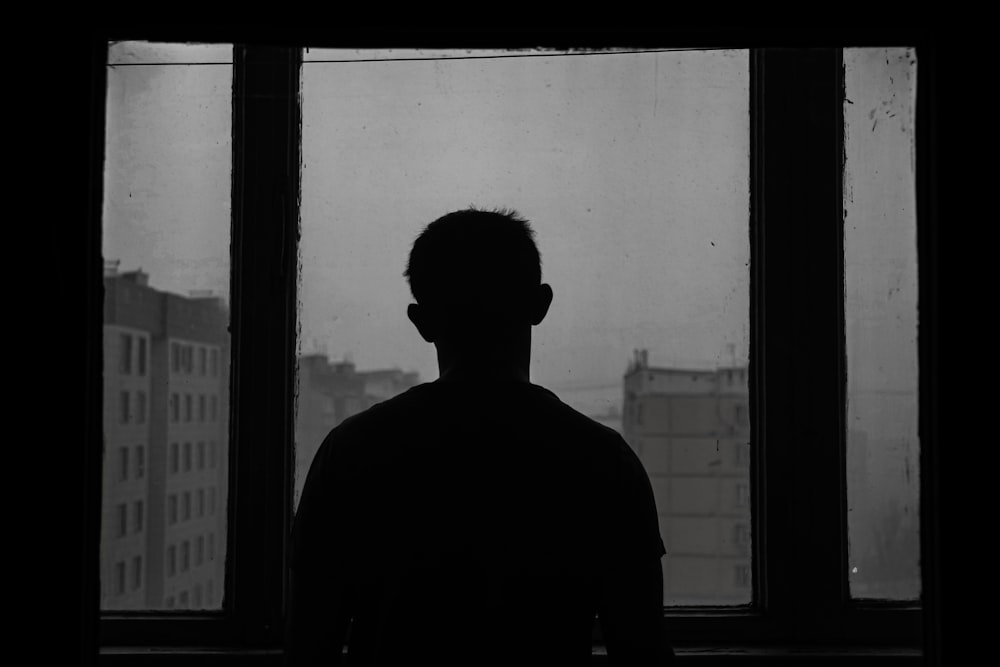Just about everyone feels grouchy and irritable after a poor night of sleep. Being overly fatigued could cause you to lose your temper more quickly, even with things that don’t normally bother you.
Most people will feel better after getting a full night’s rest that helps them recover from that night of poor sleep. But for individuals with sleep apnea, the opportunity to “make up” for lost sleep never comes.
This is because obstructive sleep apnea can cause dozens of interruptions to your sleep in a single hour. As your airways close off during sleep, your body is forced to awaken so you can start breathing again. With so many interruptions over the course of the night, it can be hard to enter (and stay in) the important REM and deep sleep phases that help you process emotions, physically recover from the day, and feel truly refreshed in the morning.
If you’re never able to get enough sleep, that fatigue-induced anger and irritation can become a big problem.
Anger and Fatigue
Nobody likes to be around someone who is angry or short-tempered. But when you don’t sleep well, your fatigue can take a tremendous toll on your emotional state. You will be more irritable than you would otherwise be. This makes you more likely to get in arguments with others, or to become upset by relatively minor inconveniences that normally wouldn’t seem like such a big deal.
The fatigue you feel after several nights of low-quality sleep will also make it hard to focus. Trouble concentrating during conversations or while doing chores can also result in misunderstandings and arguments.
Needless to say, a near-constant state of irritability can cause significant harm to your relationships. You might say or do things you would never consider when you are fully rested and mentally alert.
On the other hand, quality sleep has been found to make us more willing to approach others, experience greater empathy, and become less angry and prejudiced. In other words, when you get enough sleep, you’ll improve relationships with family and friends — and be better equipped to meet new people, as well!
Sleep Deprivation and Selfishness
Helping other people (whether through small acts of service, donations, or volunteering) plays a vital role in society. But if you don’t get enough sleep, you’ll actually become more selfish.
Writing for Psychology Today, Dustin W. Ballard MD, MBE calls sleep deprivation a culprit behind “our collective angst and irritability.” He explains, “On an individual level, sleep deprivation for a single night was associated with decreased willingness to help other people (both strangers and familiars) and decreased activation of the social cognition network on functional MRI imaging. And on a population level, from 2001 to 2016, the investigators observed a significant drop (approximately 10 percent) in the amount of online charitable donations in the week after ‘spring forward’ daylight savings time that was not present in states that do not have daylight savings or in the week following ‘fall back.’”
If even a single night of poor sleep can leave you feeling less charitable towards others, it’s easy to picture how bad things can get if sleep apnea causes you to sleep poorly every night.
Getting sleep apnea under control can improve your relationships with others and help you make a greater impact for good in your community. Rather than being distracted by how tired you feel, you can turn your attention outward to help others in need and have the energy to provide meaningful service.
Increased Risk of Anxiety and Depression
Studies have found that individuals with obstructive sleep apnea are far more likely to develop depression, anxiety, and other mood disorders. Poor sleep can alter brain chemicals, making it harder to cope with stressful situations.
This can create a vicious cycle where you are more easily affected by stress, making it even harder to sleep well. Poor sleep leaves you less capable of dealing with stress, and the two problems compound each other.
Extreme depression and anxiety disorders can have a significant influence on your daily life. You may no longer have enthusiasm for the activities you once enjoyed. You may withdraw from others. You could struggle with work and other responsibilities.
Treating sleep apnea is essential for improving symptoms of these mood disorders (or lowering your risk for developing them in the first place). Quality sleep can dramatically improve your mental and emotional health, which has a direct impact on your overall quality of life.
Improve Your Mood With Quality CPAP Treatment
There are countless things that can affect your mood for better or worse. Some of these you can control, and others you can’t. The good news about sleep apnea is that you can get it under control with the help of a CPAP machine. By providing a steady flow of pressurized air throughout the night, your CPAP machine will help prevent interruptions to breathing so you can enjoy rejuvenating, uninterrupted sleep.
While CPAP machines, masks, and accessories can be expensive, No Insurance Medical Supplies can help to make this medical equipment more affordable. Discounts on devices from leading brands like ResMed and 3B Medical can help you save hundreds of dollars. Free shipping and financing are also available on select purchases.
You don’t have to let poor sleep negatively affect your mood and your emotional health. By using a CPAP machine, you can sleep better and feel better so you can handle whatever else life throws your way.


